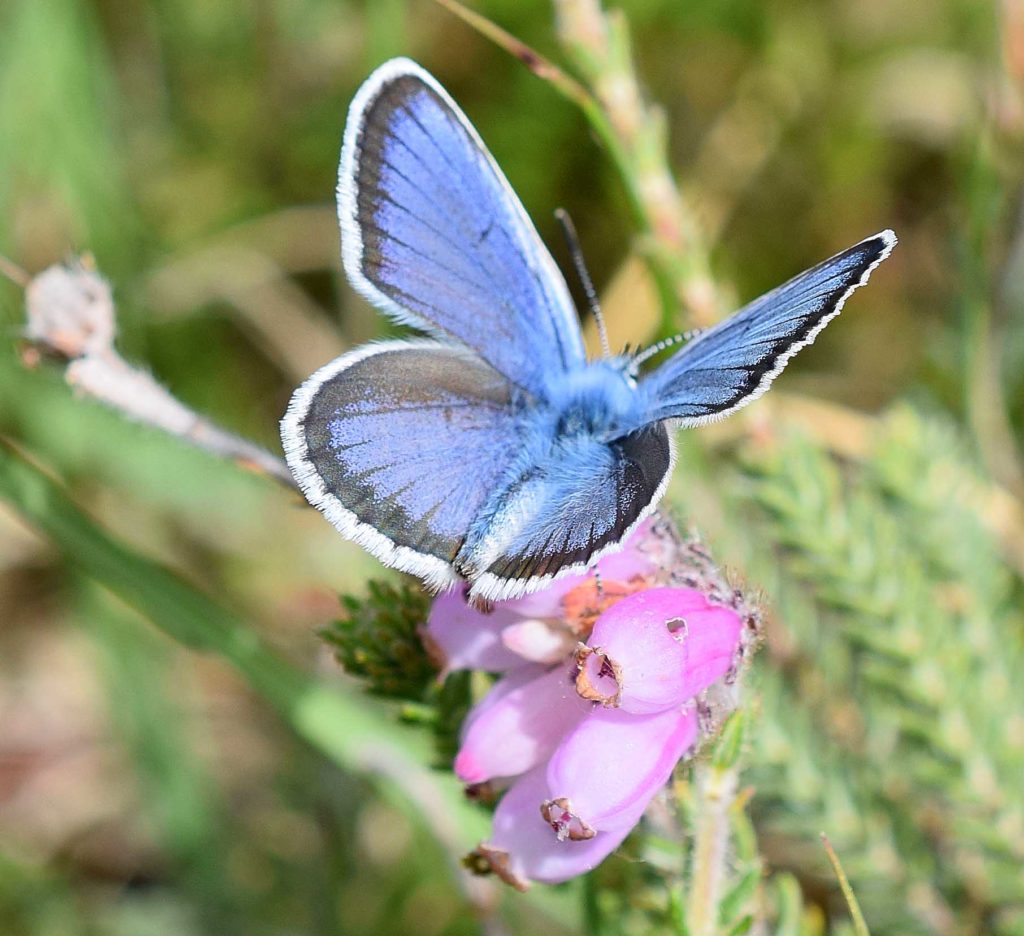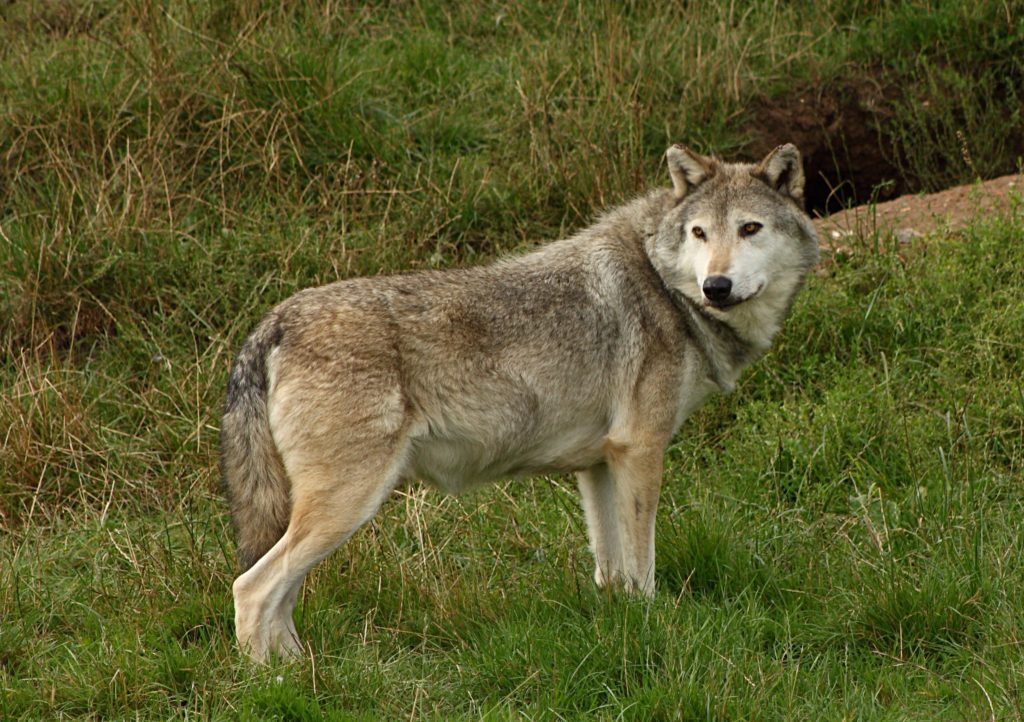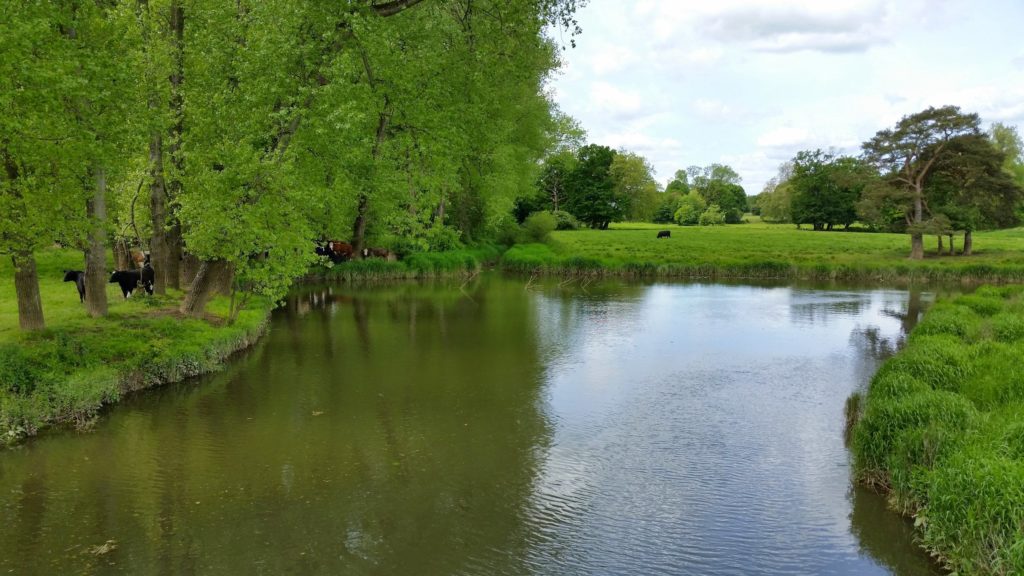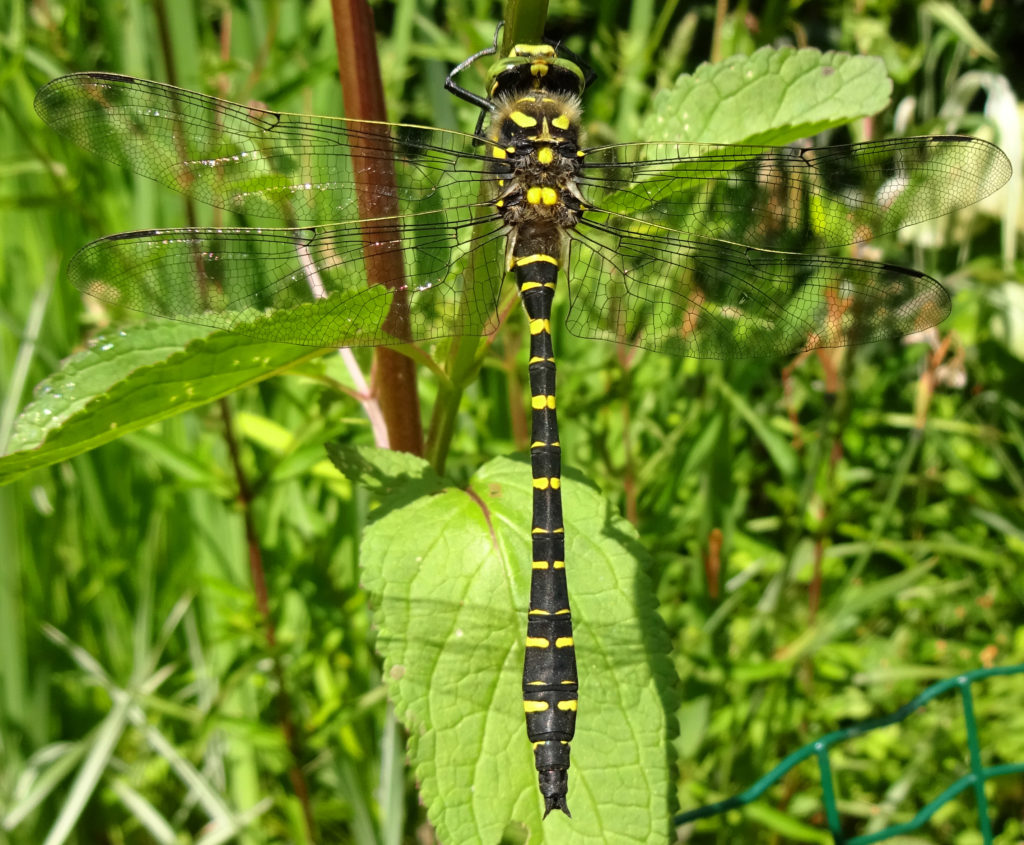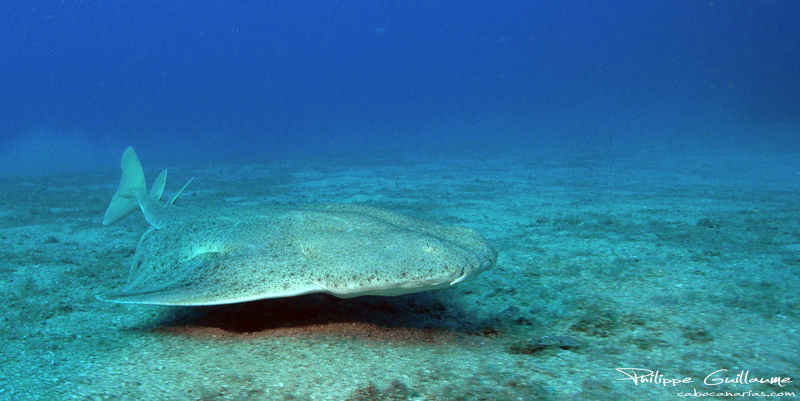BBC News reports the UK is one of the world’s most nature-depleted countries – in the bottom 10% globally and last among the G7 group of nations, new data shows. It has an average of about half its biodiversity left, far below the global average of 75%, a study has found. A figure of 90% is considered the “safe limit” to prevent the world from tipping into an “ecological meltdown”, according to researchers.
The assessment was released on the eve of the UN Biodiversity Conference, COP 15, hosted by China, a mega-diverse country with nearly 10% of plant species and 14% of animals on Earth.

